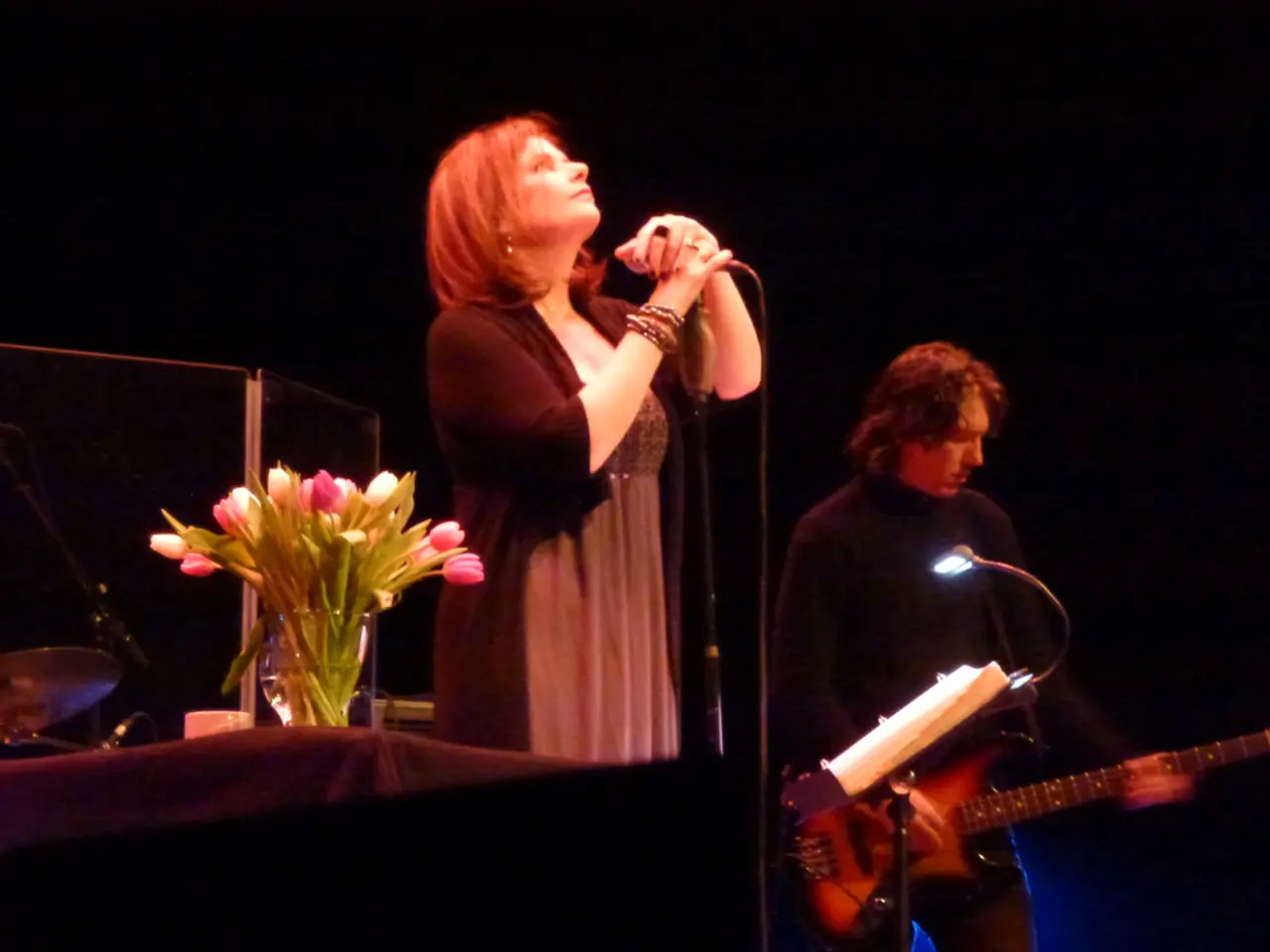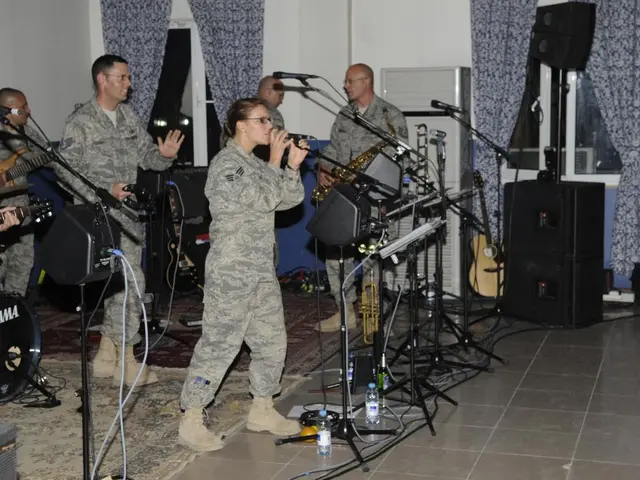Toronto staging of 'Godspell' in 1972 shapes trajectory for Eugene Levy and Martin Short, reshaping comedy history
In the bustling city of Toronto, Canada, in the early 1970s, a musical production would set the stage for a comedy revolution that would echo through the next five decades. The 14-month run of "Godspell" brought together a group of talented individuals who would go on to dominate both stage and screen, including Martin Short, Eugene Levy, Gilda Radner, Victor Garber, Andrea Martin, Dave Thomas, and Paul Shaffer.
Martin Short and Eugene Levy recently reminisced about the lack of perspective they had on the historical significance of the "Godspell" Toronto production during their run. Fast forward to today, and the cast's success is the subject of a new documentary, "You Had to Be There: How the Toronto Godspell Ignited the Comedy Revolution, Spread Love & Overalls, and Created a Community That Changed the World (In a Canadian Kind of Way)."
The documentary premiered at the Toronto Film Festival, shedding light on the fascinating story of a group of unknown actors who would become household names. Martin Short, known for his Emmy-winning sitcom "Only Murders in the Building," and Eugene Levy, creator of the beloved series "Schitt's Creek," sat down with Variety to discuss their origin story and the impact the musical had on shaping comedy history.
The 1972 production of "Godspell" received standing ovations at every performance, a testament to the cast's chemistry and the power of the show's message. Gilda Radner's unique personality and humor made her stand out during the production, setting the stage for her iconic career in comedy.
The documentary features a reunion of the surviving cast members in an apartment, with uncensored conversations and singing of "Godspell" songs. One of the most memorable moments of the reunion was the use of a piano belonging to the legendary Richard Rogers.
However, the creation of the documentary was not without its challenges. There was barely any surviving footage of the show, except for a primitive audio recording made by Martin Short. Eugene Levy was initially concerned about the lack of footage, but the filmmaker, Nick Davis, saw it as an opportunity. He explains that the lack of archival material improved the finished product, which relies on those tapes, interviews with the actors, and animated depictions of their memories.
The timing of "Second City" opening in Toronto and Lorne Michaels' interest in casting new shows contributed to the cast's success. Toronto was a hotbed for theater in the early 1970s, with a lot of local productions and talent available. The camaraderie and discussions about improving the show night after night were significant experiences during the "Godspell" run.
Martin Short, known for his habit of taping everything, including his siblings and imaginary albums, had recorded the show. This precious footage, along with the cast's reminiscences, brings the story of "Godspell" Toronto to life, illustrating the start of a comedy empire that would change the world, in a Canadian kind of way.








